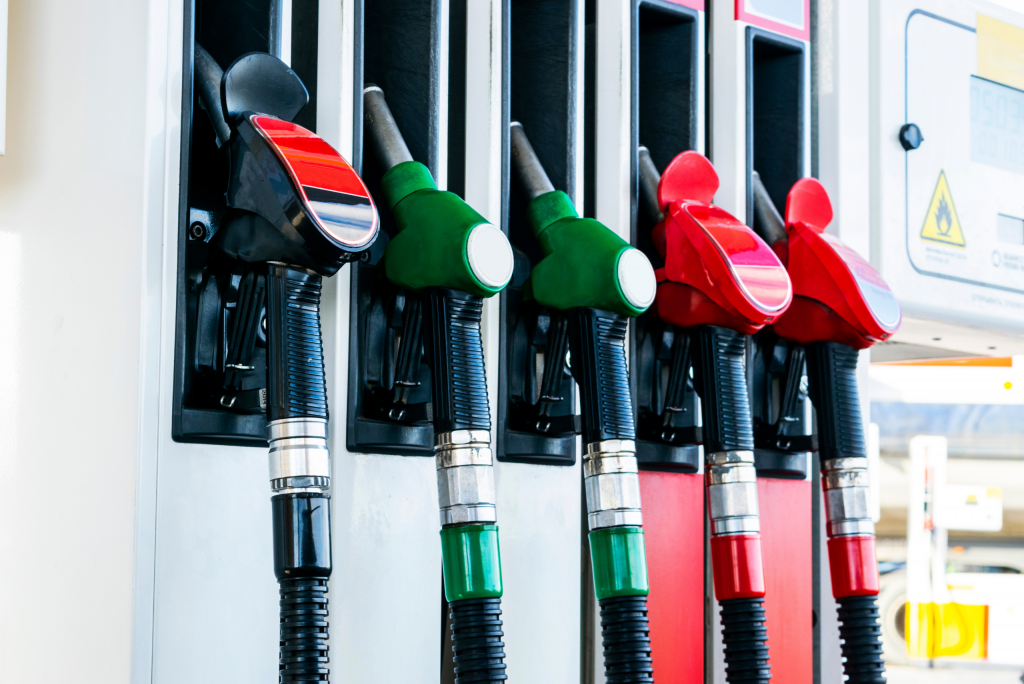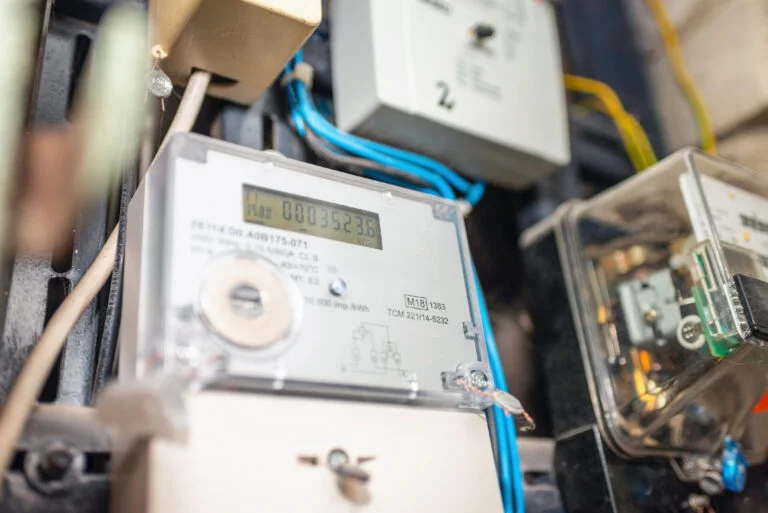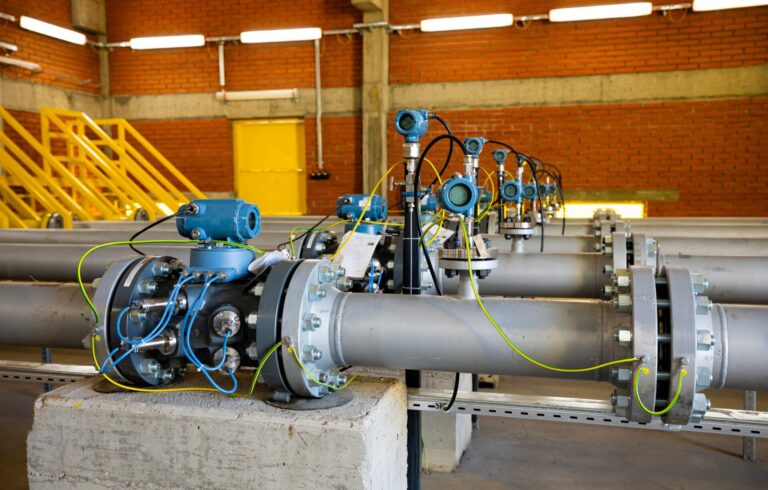
Today marks a week since the unveiling of the government’s new eco-friendly E10 Petrol. But its introduction has, according to the RAC, left 24% of motorists completely unaware, with a further 27% unsure whether their car is compatible.
So what is E10 Petrol, and how will it affect UK Motorists?
The shift to E10 petrol reduces the amount of carbon in fuel and increases the amount of ethanol. Ethanol is favoured over carbon-based fuels because ethanol is manufactured from plants, low-grade grains and waste wood.
As things stand, the current percentage of ethanol in petrol stands at 5%. The current grade is known as E5, with the other 95% being made up of regular unleaded petrol. The shift to E10 petrol, you guessed it, increases the amount of ethanol to 10%.
The shift to a higher-grade ethanol fuel will reduce the overall consumption of fossil fuels and is a move to help bolster Boris Johnson’s “green industrial revolution”. The Department for Transport hopes that the introduction of E10 could cut carbon emissions by 750,000 tonnes a year. In real terms, this would be the equivalent of taking 350,000 cars off the road.
What does this mean for you?
According to the Department for Transport, all petrol cars built after 2011 should accept E10 petrol. However, they have also warned that it will not be compatible with older vehicles. The RAC estimates that potentially 600,000 cars could be incompatible for the new fuel.
If you are unsure whether your car is suitable for running on E10 petrol, please visit the government website to see if your vehicle is suitable.
Is E10 Petrol good for your car?
If your car was built after 2011, then using E10 should cause no issues. The RAC has even stated that if you were to fill up an old car with E10, simply mix E5 petrol after using a third of a tank.
Is E10 Petrol good for your wallet?
According to the government, “E10 will not be more expensive at the pump than current standard petrol”.
However, the RAC notes that incompatible cars will have to use E5 super unleaded, which could costs motorists as much as 12p per litre more than standard unleaded petrol. Though 95% of motorists are estimated to be eligible to use the new E10 petrol, a small but substantial minority could end up with higher fuel costs.
Is E10 Petrol good for the environment?
Ethanol is viewed as a carbon-neutral fuel because plants absorb carbon dioxide from the air, offsetting the CO2 emitted when they are burnt as fuel. However, there remains debate about whether the two cancel each other out.
What is certain, however, is that E10 stands to become the new standard in petrol fuel.






